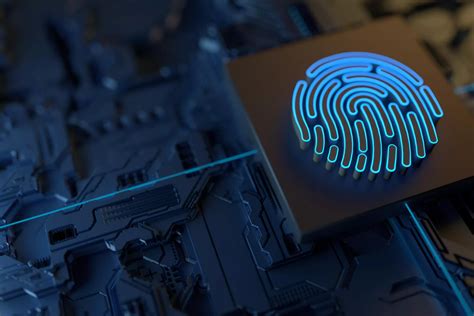Safety in cryptocurrency: best practices
The increase in cryptocurrencies has brought a new level of digital security and decentralization to the financial world. As a quick evolution market, the necessary security measures to protect user assets have become increasingly important. In this article, we will deepen the best practices to ensure cryptocurrency transactions and highlight the key security councils to help navigate the complex world of digital currencies.
The risks: why security matters
Cryptocurrencies are designed to be decentralized and transparent, but this also means that they are vulnerable to various threats. These are some of the most significant risks:
- Hacking : Cryptocurrency exchanges, wallets and transactions can be pirate, leading to theft or loss of funds.
- Phishing attacks : Scammers can impede by exchanges or cryptocurrency websites, steal the user login credentials or confidential information.
- The collapse exchange

: The exchanges that fail can lose user funds, leaving victims without resource.
Best practices to ensure cryptocurrency transactions
To minimize the risks associated with cryptocurrency transactions, follow these best practices:
- Use an exchange of good reputation : Choose a well established and safe exchange to store your cryptocurrencies.
- Enable 2FA (two factors authentication) : Add an additional security layer by enabling 2FA in your exchange or wallet accounts.
- Keep updated software : regularly update your operating system, browser and software related to cryptocurrencies to ensure that you have the last security patches.
- Use safe passwords : Use unique and complex passwords for your exchanges, wallets and other online accounts.
- Be careful with phishing emails : Never respond to emails or suspicious messages with login credentials or confidential information.
- Monitor the activity of your account regularly : be attentive to your exchange or wallet statements for any unauthorized transaction or suspicious activity.
- Use a safe browser : Use a safe and safe web browser, such as Tor or Brave, which can help protect against online threats.
Security measures to implement
To further improve the safety of your cryptocurrency holdings:
- Use a hardware wallet : Consider using a hardware wallet, such as Ledger or Trezor, which provides an additional layer of protection for your assets.
- Enable transactions monitoring : Use tools such as cloting or coincheckup to monitor their transactions and detect any suspicious activity.
- Configure alerts : Configure notifications in your exchanges or wallets to alert it when a large amount of cryptocurrencies is transferred or when a transaction is marked as a suspect.
The future of security: emerging trends
As the cryptocurrency market continues to evolve, new security measures will arise. Some key trends include:
- Cryptography resistant to quantity : As quantum computing becomes more powerful, cryptography experts are working on the development of algorithms resistant to quantum amount to ensure cryptocurrencies.
- Blockchain updates : The next blockchain updates, such as fragments and stagnation test, can provide improved safety features and scalability improvements for the market.
- Regulatory measures : Governments and regulatory bodies will probably introduce new rules and guidelines to protect cryptocurrency users and prevent illegal activities.
Conclusion
The cryptocurrency has made a long way from its beginning, but security remains a critical concern. Following the best practices and remain informed about emerging trends and threats, it can significantly reduce the risks associated with their cryptocurrency holdings. Remember, security is a continuous process that requires regular monitoring, updates and surveillance to stay ahead of possible threats.
